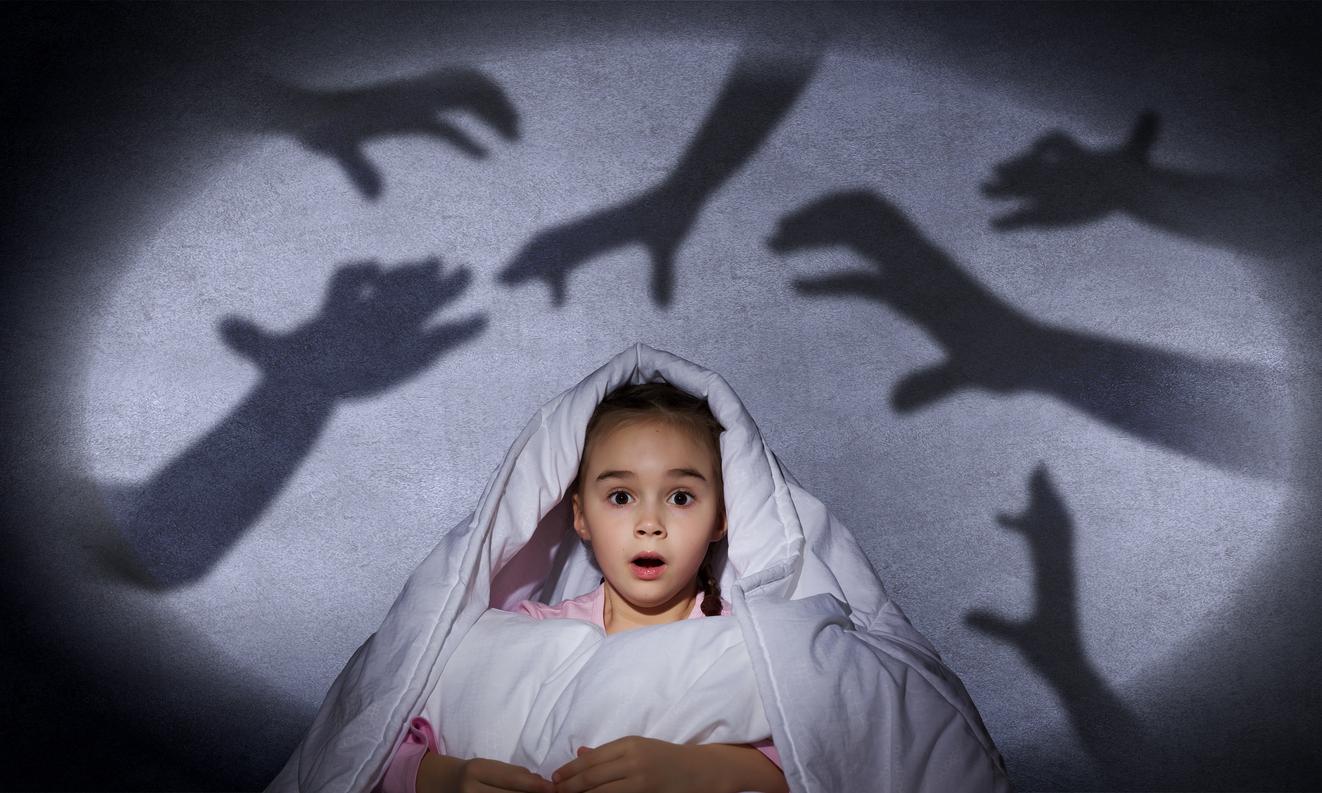Cognitive-behavioral therapy (CBT) followed online would be effective in combating body image disorders or dysmorphophobia, according to the results of a study published in the British Medical Journal (BMJ).
Dysmorphophobia (the fear of body dysmorphia) is a psychiatric disorder that concerns bodily defects. This physical defect refers to a fear. The person who suffers from it fears having a nose that is too big or a deformed face, for example. The significant suffering that results alters life in society (love, friendship, family, professional life).
Swedish and British researchers conducted a survey with 94 adults suffering from body image disorders or dysmorphophobia to understand whether remote TTC could be more effective than therapeutic follow-up with support. CBT teaches how to change your way of thinking, which makes it easier to overcome this disorder in the long term. This mode of therapy helps to gradually overcome disabling symptoms, such as: rites and verifications, stressavoidances and inhibitions, aggressive reactions, or distress at the origin of psychic suffering.
Online monitoring enables lasting effects
Study participants participated in either online cognitive behavioral therapy (CBT) via the Internet or supportive therapy for 12 weeks.
The conclusions of this study showed that 56% of the patients who followed the program based on the cognitive-behavioral techniques have their state of health and the quality of their life to improve. Only 13% of patients who followed classic supportive therapy saw an improvement in their mental health. Scientists observed that these benefits lasted for 3 months after treatment. 39% of participants are no longer diagnosed with body image disorders.
Read also:
Body dysmorphia: when the complex turns into obsession
Feel ugly enough to be sick
Dysmorphophobia: a bad connection in the brain blamed

















